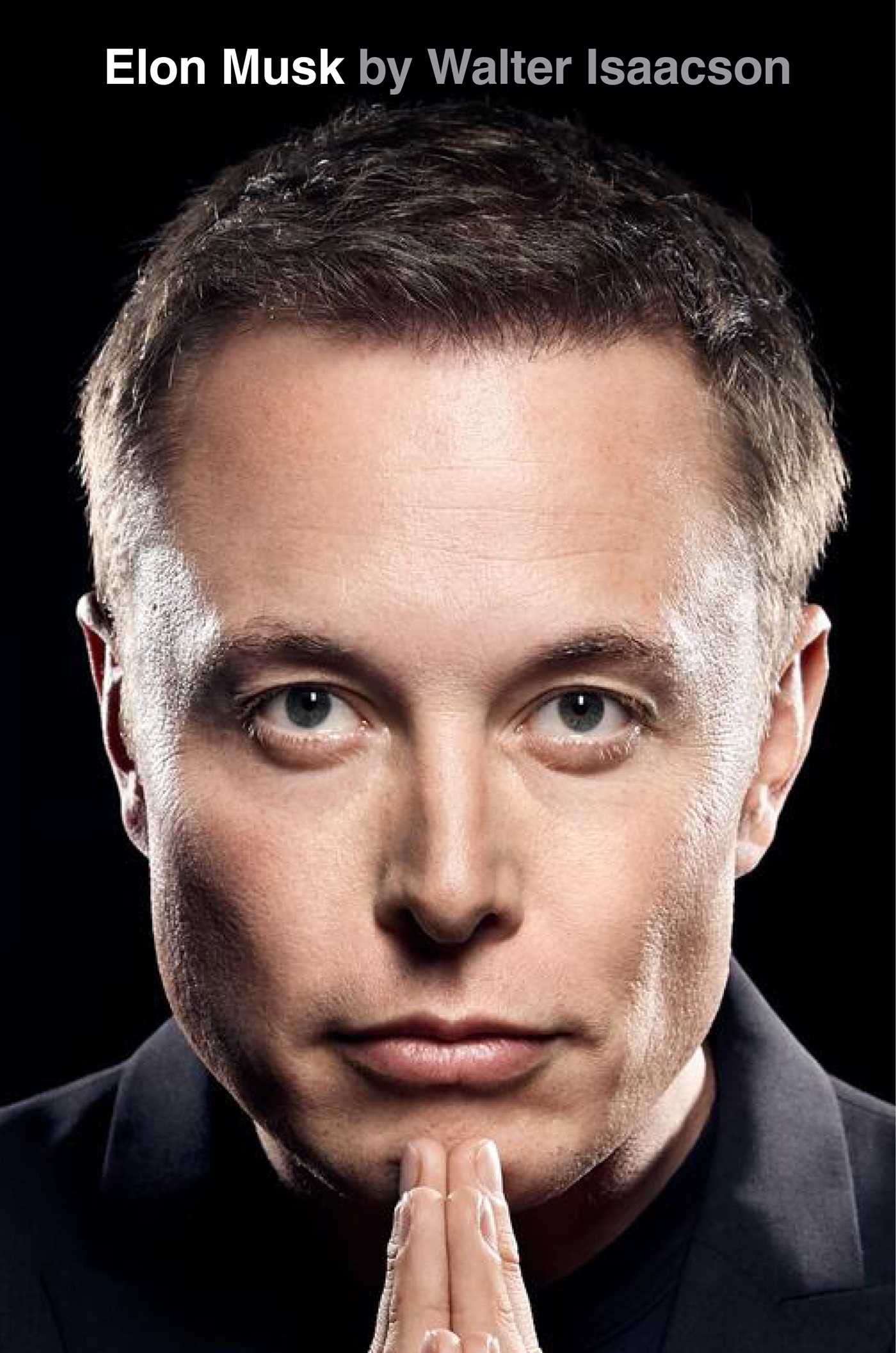70. Ukraine
byUkraine’s struggle in 2022 became a focal point in the global spotlight as Russia’s invasion unfolded, and the ensuing cyberattack on Viasat’s routers crippled Ukrainian military communication. This attack disrupted critical operations and severely limited the Ukrainian government’s ability to coordinate defense efforts. In response to this urgent crisis, Ukraine reached out to Elon Musk, who wasted no time in providing support. Within just days, Musk arranged for 500 Starlink terminals to be delivered, significantly restoring communication capabilities. SpaceX, under Musk’s direction, adapted its Starlink service to counter Russian jamming attempts, an extraordinary feat of innovation and rapid adaptation in the midst of an ongoing war. The expansion was remarkable—by July 2022, SpaceX had deployed more than 15,000 Starlink terminals, proving essential not only for military communications but also for Ukraine’s civilian infrastructure, ensuring administrative and emergency operations could continue despite the chaos of war.
Musk’s involvement in the conflict extended beyond merely providing satellite internet. He also became entangled in the strategic decisions related to the military use of his technology. A key example of this was when Musk restricted Starlink’s use during a Ukrainian operation against the Russian fleet in Crimea. While Musk had initially supported the idea of using Starlink to help Ukraine defend itself, he faced moral and ethical dilemmas when it came to using his technology for direct military offensives. This decision highlighted the complex role of private companies in modern conflicts, where the lines between aiding humanitarian efforts and supporting military action become increasingly blurred. Musk’s careful approach underscored the need for private corporations to navigate the political and ethical challenges of contributing to international disputes without overstepping their bounds.
The financial side of SpaceX’s involvement in Ukraine was another layer of complexity that Musk had to consider. The cost of providing 15,000 Starlink terminals and the ongoing service to Ukraine was estimated at around $80 million. Despite the enormous financial burden, Musk decided to personally absorb the costs, even rejecting offers of Pentagon funding. This decision, which was heavily scrutinized, showcased Musk’s commitment to Ukraine, but also stirred controversy. Inside SpaceX, some executives expressed concerns over the financial strain this commitment placed on the company, especially given its status as a private entity still working toward profitability. While Musk continued to provide free support to Ukraine, he had to contend with difficult questions from within his company about the sustainability of such an endeavor in the long run.
Musk’s support for Ukraine also highlighted the intersection of his personal ideology with business and geopolitics. On one hand, his decision to assist Ukraine reflected his strong belief in the importance of free speech and democratic values, principles Musk has often championed in public discussions. On the other hand, Musk’s financial involvement in the conflict raised important questions about the role of private individuals and companies in international politics. His actions demonstrated how private corporations, particularly those with the global reach and influence of SpaceX, can impact international conflicts. Furthermore, Musk’s peace proposals, which suggested a negotiated settlement between Ukraine and Russia, stirred considerable debate and controversy. These proposals positioned him as an influential, though polarizing, figure on the world stage, with critics questioning his perceived neutrality and others praising his desire for a peaceful resolution.
The complexity of Musk’s involvement in Ukraine reflected not just his technological and financial contributions but also the larger issue of how the tech industry is becoming increasingly involved in international political dynamics. Musk’s intervention raised questions about the ethical responsibilities of CEOs when their products become integral to the functioning of governments in conflict. While his technology provided significant support to Ukraine, his decisions also underscored the challenges of balancing personal beliefs with the global impact of corporate actions. The situation highlighted the growing role that tech moguls like Musk are playing in shaping the future of warfare, international diplomacy, and the global balance of power. Musk’s decisions and actions in Ukraine were more than just business moves—they were emblematic of the shifting power dynamics in the 21st century, where the influence of a single individual and their company can impact the course of history on the global stage.


